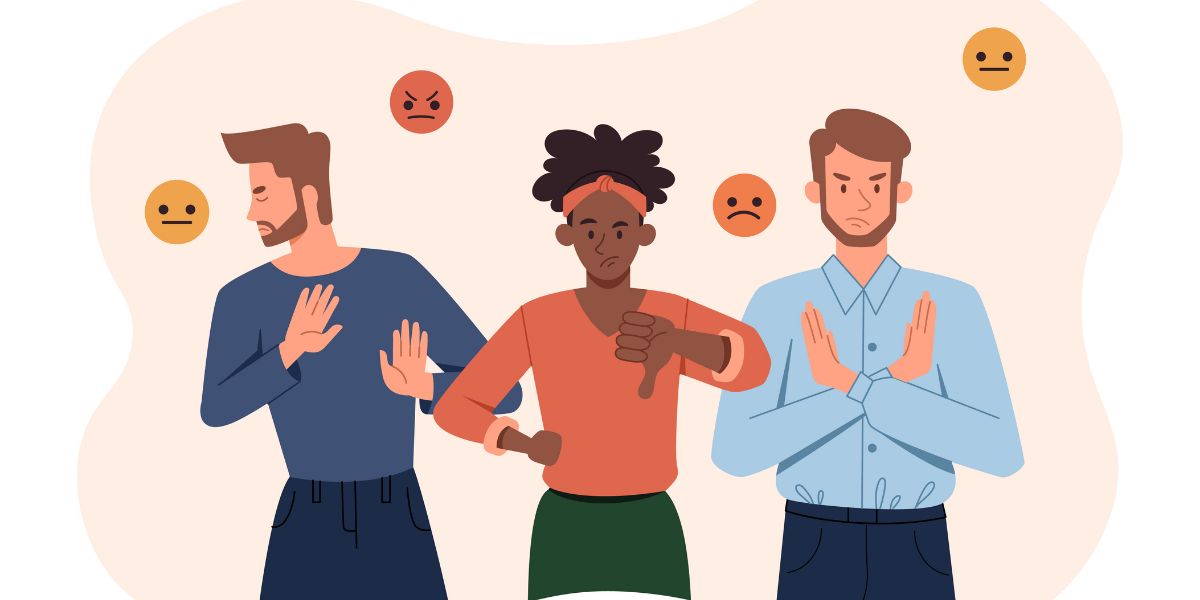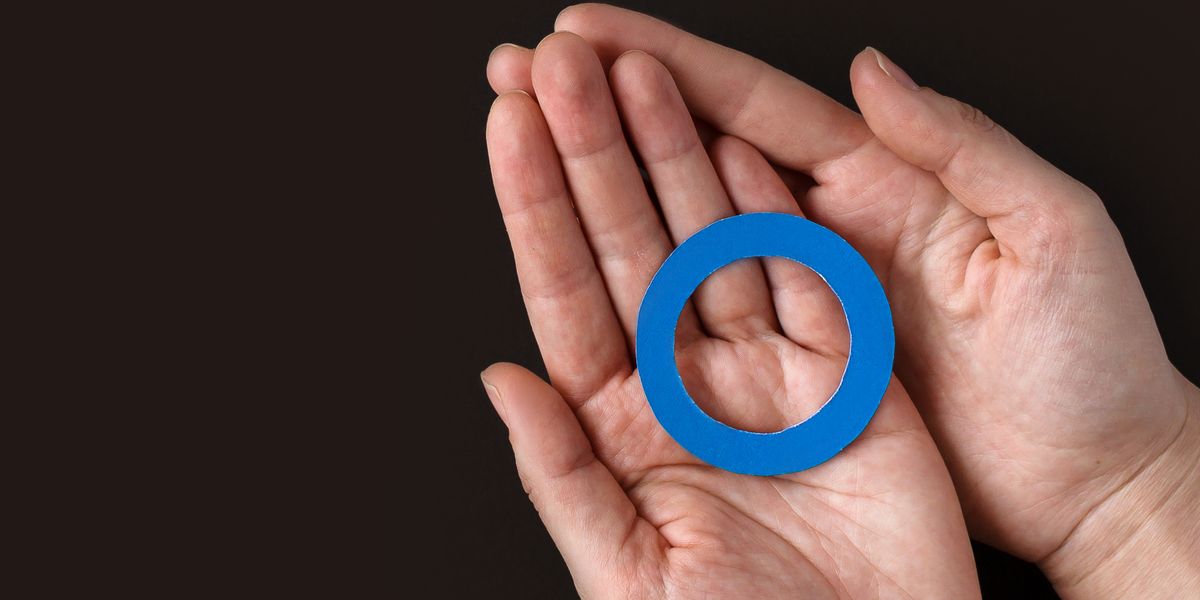Diabetes denial – are you a victim? Well, denial can be defined as ‘the disbelief in the existence or reality of something which is true’ – it is therefore the opposite of acceptance.
According to this definition, you wouldn’t be reading this, or indeed anywhere near Diabetes.co.uk or the forum if you were truly in the grip of diabetes denial – so well done for being one step ahead of some.
However, denial affects people with diabetes in subtle and not so subtle ways, and there are many levels and layers to denial. So how do you know if you are struggling with it?
Do you ever have thoughts such as the following?
- “Diabetes is no big deal, there are worse things I could have” – whilst there may indeed be a number of health conditions that are ‘worse’, diabetes is still a ‘big deal’ – largely because the more committed you are to taking care of your diabetes, the better your overall health outcomes will tend to be.
- “Why bother to care for myself – I’m going to die anyway” – yes, there is of course truth that you will die of something eventually – but do bear in mind that its not just the length of your life that is important, but the quality of the years you have remaining. By caring for your diabetes you will ensure that the years you have will be as healthy as you can make them.
- “My blood glucose level is out of control no matter what I do or don’t do” – this is linked with feeling powerless, and by avoiding gaining feedback about the actual level of your blood glucose, you avoid the need to have to think about how you might begin to gain more control. This may have a secondary benefit, as changes you might need to make- such as make different food or exercise choices – are often uncomfortable to make and may feel are better avoided.
- “I just have a touch of diabetes” – this can be particularly common among people with type 2 diabetes who are not taking insulin, but the truth is you either have diabetes or you don’t, no matter what your current treatment regime.
The positive side of denial
Denial can actually have a positive role – particularly when you are first diagnosed or if you are going through a particularly stressful time in life.
Being able to put diabetes in its own compartment for a time, when you won’t forget about it but will be able to ‘get on’ with life is a way of gaining back some control, until the particularly stressful time in life passes, or you are able to get used to the idea of being diagnosed with the condition.
The negative impact of denial
Whilst there can be some positive elements to denial, on the whole the negative aspects outweigh the possible benefits.
Many studies have demonstrated that people who continue to use denial as a way of coping tend to have less good diabetes health than those who don’t.
How to tackle denial
Confront your inner feelings about diabetes – anger, frustration, fear, guilt and others are a very understandable and natural reaction to the daily challenges of managing a chronic health condition such as diabetes.
Although bottling things up may feel better in the short term, they can keep you very ‘stuck’ – and starting to confront them can give you a sense of freedom and choice.
Talk to someone knowledgeable about your diabetes denial – although it may feel like the last thing you want to do, let those involved in your diabetes care know about how you are feeling.
You might feel like you’re the only person in the world who denies your diabetes – but you’re not the first and you won’t be the last.
Your healthcare professional will be encouraged that you are taking the positive step of acknowledging that you are struggling – and will have ideas about how you can move forward together.
This is one of series of Psychology articles by Dr Jen Nash, a Clinical Psychologist who has been living with type 1 diabetes since childhood.





